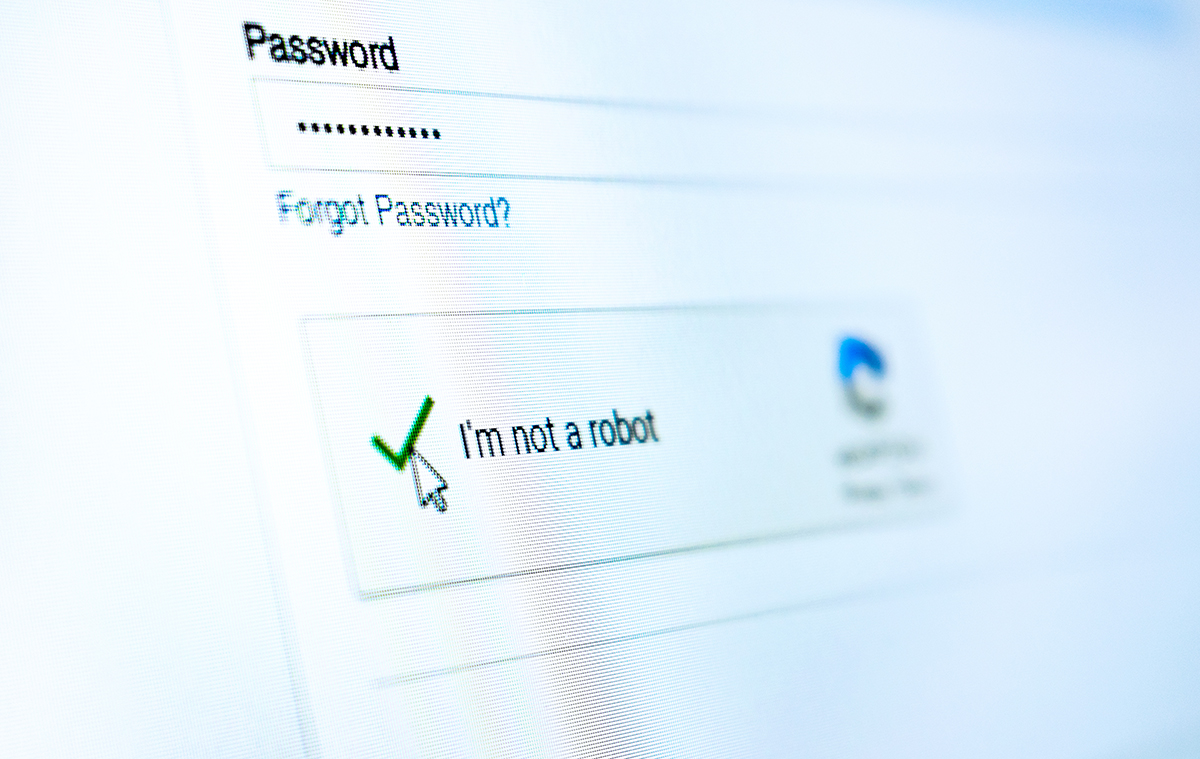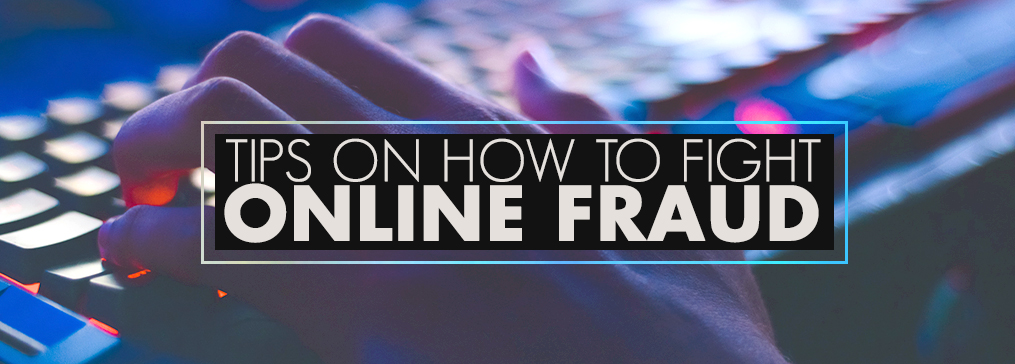When purchasing something online or logging into a new site, having your payment information available leaves you susceptible to fraud. Incorporating seller protection is a strong step towards protecting the personal information of your costumers. Systems such as Paypal Express Checkout handles data protection of credit card information. With 7cart sites, credit card information is secured behind three walls for protection. You can also check out Logicblock’s IP range check tool for more ways to manage multiple addresses, as all sites are designed to PCI certification and vulnerability scans.
Perform Site Backups

Backing up your site is a crucial tool to ensure safety from fraud. Setting up regularly scheduled backups with your host provider is recommended for information security. If you have not already submitted a ticket to run a backup, it is essential to do so. Contact your hosting provider immediately if you don’t have site backups already installed.
SSL Certificate Implementation

An SSL certificate (secure sockets layer) ensures data is secure between your site and its servers. Having this certificate in the site footer lets visitors know of your site is secure. If you have yet to establish an SSL, you can do so with programs such as Thwate can get you started. SSLs are very effective tools toward navigating fraud. For all Logicblock plans, full website SSL is included!
CAPTCHA on all Forms

If you’ve browsed around the internet before, you have run into CAPTCHAs plenty of times. CAPTCHAs are designed to prevent scrappers from stealing e-mail addresses, mitigate comment spam, and monitor bots to ensure which web pages they should and should not be on. You can implement CAPTCHAs in three different methods: reCaptcha, SQUIGL-PIX, and ESP-PIX. Having your CAPTCHAs in place will help maintain confidential information remains on the proper pages.
A Strong Password

It may seem obvious, but having a strong password is a simple yet effective way to combat fraud. Recommended passwords are those with a mix of characters, both upper- and lower-case letters, and numbers. It is also encouraged for users to have a longer password to increase their protection against hackers. A strong password is one of the easiest and most sure-fire ways to keep your credentials safe.


